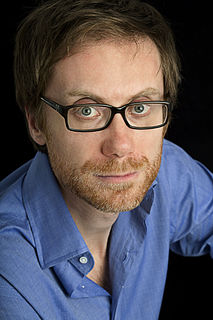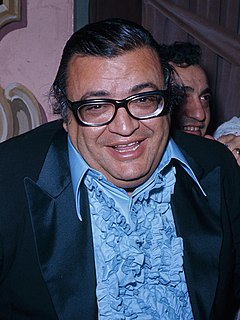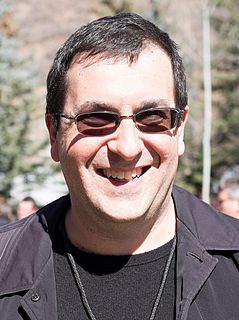A Quote by Daniel Dennett
Try to acquire the weird practice of savoring your mistakes, delighting in uncovering the strange quirks that led you astray. Then, when you have sucked out all the goodness to be gained from having made them, you can cheerfully forget them and go on to the next big opportunity.
Related Quotes
There’s nothing in the world worse than having an opportunity that you’re not prepared for. Good luck usually follows the collision of opportunity and preparation - it’s a result of that collision. You’ve got to be prepared. So, make your mistakes now and make them quickly. If you’ve made the mistakes, you know what to expect the next time. That’s how you become valuable.
I am being bombed by questions of all kinds. I will try to be very concise and try to explain to the American people. We had a great number of mistakes in the economic fleld, naturally. I am not the critic. It is Fidel Castro, the one who has criticized repeatedly the mistakes we have made, and he explained why we have made them. We did not have a previous preparation. We made mistakes in agriculture. We made mistakes in industry. All these mistakes are being settled now.
Let's cease thinking of our accomplishments, our wants. Let's try to figure out the other man's good points. Then forget flattery. Give honest, sincere appreciation. Be hearty in your approbation and lavish in your praise, and people will cherish your words and treasure them and repeat them over a lifetime - repeat them years after you have forgotten them.
Live life fully while you're here. Experience everything. Take care of yourself and your friends. Have fun, be crazy, be weird. Go out and screw up! You're going to anyway, so you might as well enjoy the process. Take the opportunity to learn from your mistakes: find the cause of your problem and eliminate it. Don't try to be perfect; just be an excellent example of being human.
You want to hire great people and give them the opportunity to fail. You need to let them figure things out as they go along. If they fail repeatedly, then you probably have to find a different person, but if you don't let people have that opportunity to fail, they don't get to learn and grow and try things.









































